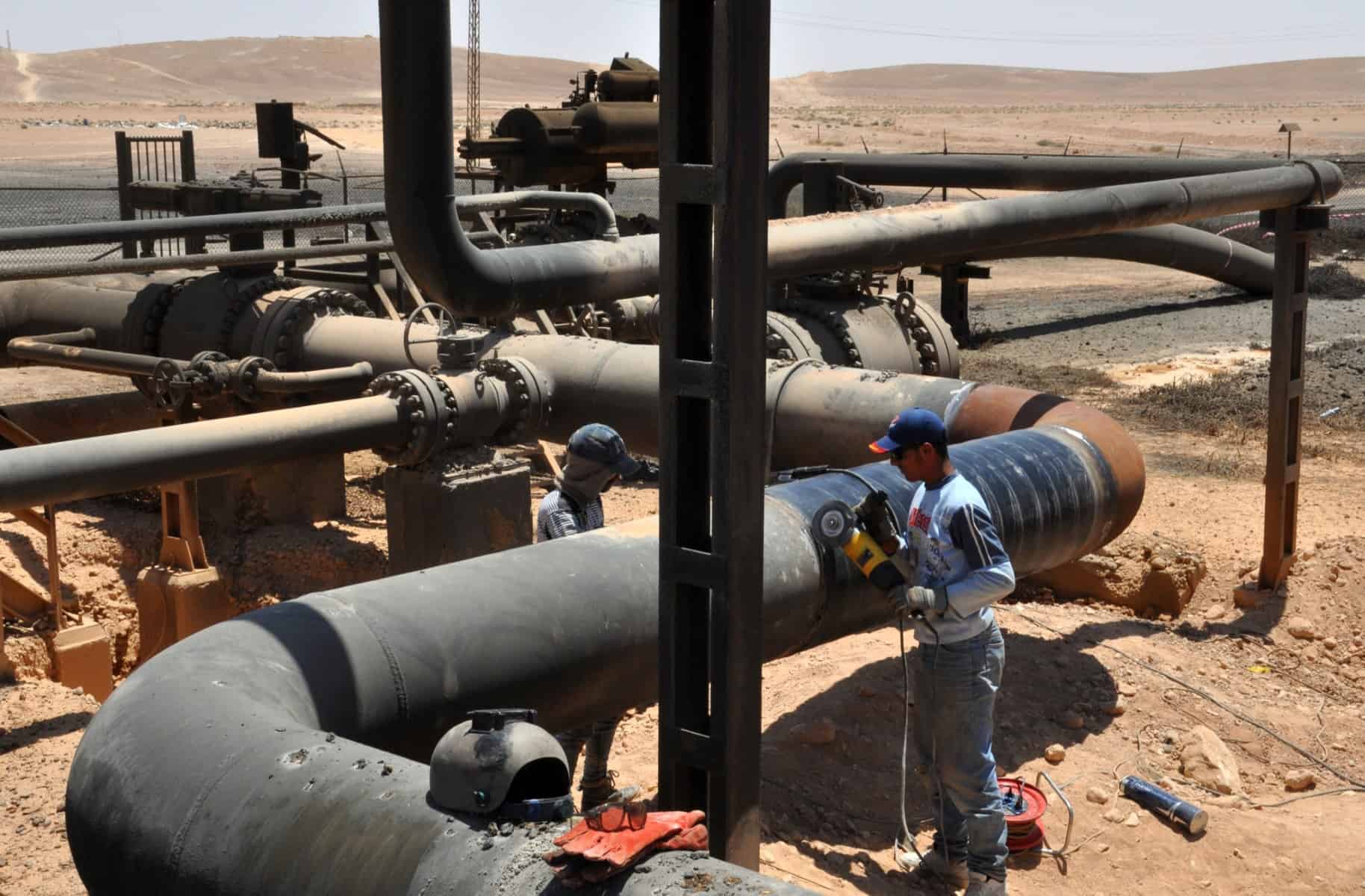Moscow, Russia — Russia will introduce a six-month ban on petrol exports from March 1 to ensure it has enough fuel to meet domestic demand, the government said Thursday.
Despite being the world’s third largest oil producer, Russia has suffered sporadic fuel shortages since last summer amid high demand and repair works on refineries.
Wholesale gasoline prices have risen since the start of the year, a problem exacerbated by repeated Ukrainian drone attacks on oil refineries.
“Restrictions on petrol exports are introduced for six months, from 1 March to 31 August,” the government said in a statement Thursday.
It said the move was aimed at “maintaining a stable situation on the fuel market during a period of high demand associated with spring agricultural works, the holiday season and scheduled repairs of oil refineries.”
The Kremlin is also keen to avoid fuel shortages on the domestic market ahead of elections next month, in which President Vladimir Putin is seeking to extend his grip on power.
Russia announced a similar export ban on diesel and petrol last year, after farmers in some regions were unable to harvest grain due to fuel shortages.








